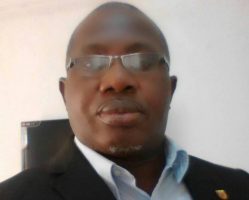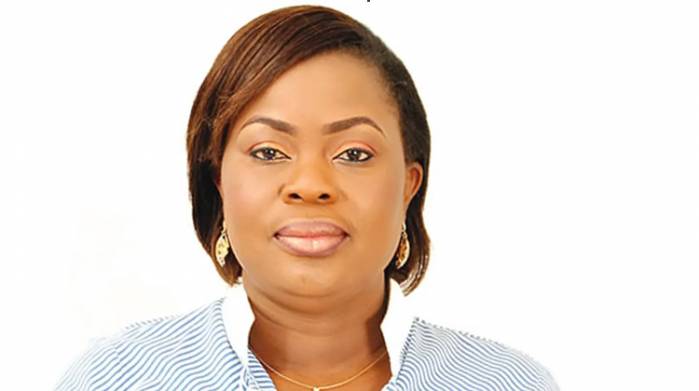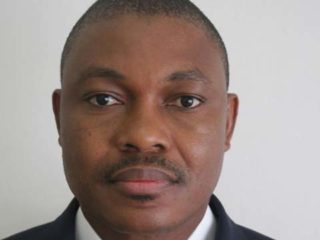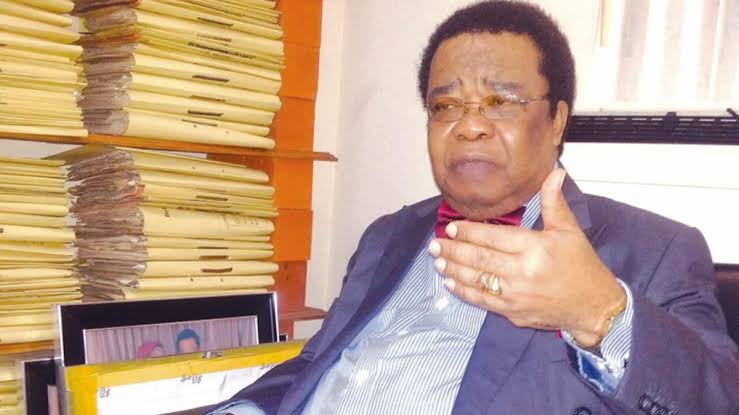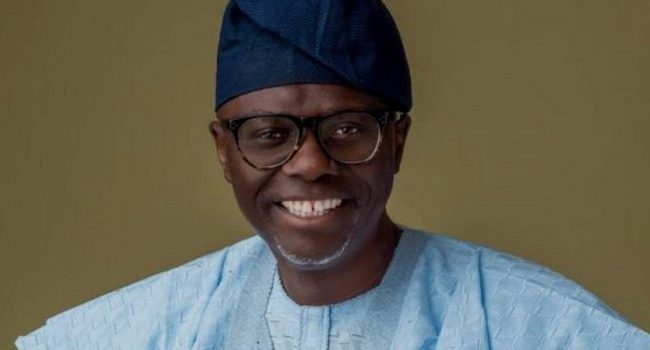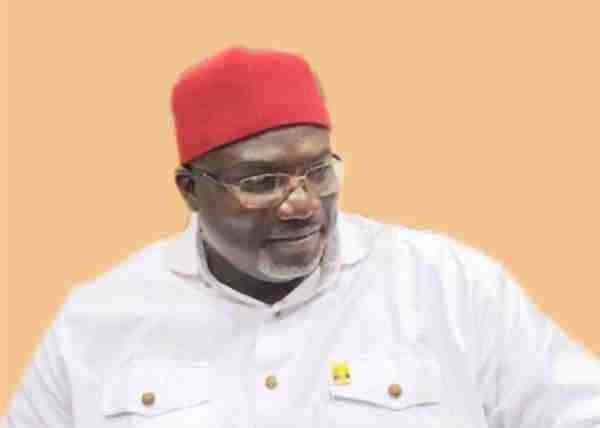Aloysius Nkem Atuegbu was just two years old at Jos side, Mighty Jets, in 1974 as they prepared to face Enugu Rangers in their tenth Challenge Cup grand finale. It was like a jinx, his team did everything possible to lift the trophy. Between 1962 and 1967, the club lost in six consecutive finals.
The year General Yakubu Gowon became Head of State in 1966, Jets were unable to raise a team for the final and were walked over by Ibadan. The problem was that most of their players hailed from the Eastern Region and had fled to safety as crisis smouldered in the North.
Gowon was Ngas, from Benue Plateau State. Jos was the capital. Atuegbu was Igbo, from East Central State and was billed to play against Enugu Rangers, filled with Biafran soldiers like Ernest Ufele, Dominic Nwobodo, and Nwabueze Nwankwo.
The Atuegbu family was full of footballers who all played for Mighty Jets. Mathew, Nicholas, Andrew, Aloy and Fidelis. Their Adazi father had settled in Jos as one of the numerous Igbo traders who flocked to the tin city to make their contributions.
Aloy, nicknamed Blockbuster, was the most dangerous of the brothers and his powerful right foot could put the opposition in deep blue funk. Gowon knew this and tried to ginger the Igbo boy against the Flying Antelopes.
The general visited the Atuegbus in Jos and promised Aloy a Volkswagen Beetle if he helped Jets lift the Challenge Cup for the very first time. There were other players in the team. The Head of State was only interested in Blockbuster.
On match day, Captain Ismaila Mabo, a rugged defender, filed out with his team. Sule Kekere, a star who could dribble from Mangu to Pankshin, Olayiwola Olagbemiro, prolific left winger from Ogbomosho, who like the Atuegbus was born and bred in Jos and Jide Dina.
There were also the Ghanaian duo of James Quino and Owura Agyei, keeper Duro Atuma and Kano Boy, Baba Otu Mohammed, who grew up in Ghana and was mistaken for a ‘Charlie’.
The Flying Antelopes were captained by Dominic Ezeani, youthful and strong left back, who won Second All Africa Games gold with the Eagles in 1973.There was Mathias Obianika, another All Afrca Games winner, Emeka Onyedika, Christian Chukwu and Keneth Abana, a well known known ‘Jos’ boy in his St. Murumba College days.
Rangers were as immaculate in tactics as their snow white jersey. Jets stripes could not offer them any stripe. Keneth ’Kendo’ Ilodigwe and James Ogidinma Ibeabuchi gave Rangers two goals and the cup changed base to Enugu. Jets had lost the 1972 final to Bendel Insurance and as Benue Plateau representatives, had also lost the soccer gold of the First National Sports Festival in 1973 to East Central State Spartans .
In July 1976, Aloy crossed over to Enugu Rangers and began to win trophies. In 1977, the Coal City Boys won the Africa Winners Cup. In 1980, he lifted the Nations Cup with the Green Eagles. The following year, Rangers were double champions , for the Second time.
Blockbuster became Rangers captain following Chukwu’s retirement in 1982. He led the team to yet another Challenge Cup victory a year later. In 1984, another League victory was achieved.
READ ALSO: The Fall And Rise Of Portugal
He joined the national team in 1974 with elder brother, Andrew. Aloy was vice captain of the Ethiopia ’76 Nations Cup Eagles but acted as Skipper in most of the games, in the absence of Chukwu. The national team returned with their first medal, a bronze.
The Atuegbu brothers were in Canada for the Montreal ’76 Olympics . They could not take part due to a last minute withdrawal by African countries who protested New Zealand’s links with apartheid South Africa. Andrew left for the United States to pursue university education. Fidelis joined him later at San Francisco University.
Aloy eventually got a free car, Peugeot 504, alongside other Eagles, from President Shehu Shagari for winning the Nations Cup in 1980. The players were also given houses in Lagos and received national honours.
His first Olympics came at Moscow’80, with nothing to show for it except the 1-1 draw the Eagles played in their group with Czechoslovakia who advanced to win the gold medal. It paid for the sudden withdrawal of 1976 as the Nigerians were called up after another spate of African withdrawal.
The cognomen ’Blockbuster was used by President Ibrahim Babangida, a defender in his college days at Provincial Secondary School, Bida, where he was Head Boy. Team goalie was Abdusalam Abubakar.
Aloy never bagged a red card in his 60 caps for Nigeria and the only time he stayed on the bench was against Algeria in Lagos , 1991. He died on May 25, 2004 as coach of Keffi United.
He left behind wife, Gloria and three children, Obiageli, Chidera and Chioma, all graduates but unemployed at the time he passed on. The family said things were rough as Rangers and the Nassarawa State government did not give honour to their late bread winner.
Sad that Aloy did not attend University when his brothers helped other Nigerian players obtain scholarship from San Francisco University. They helped Godwin Odiye in 1978 and Kenneth Boardman in 1983.
